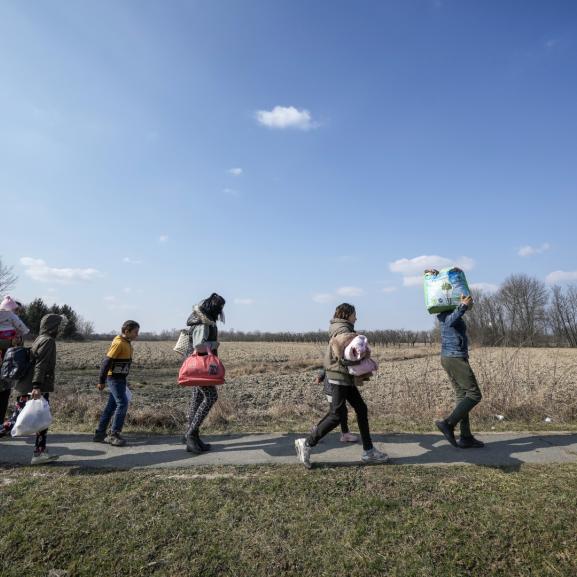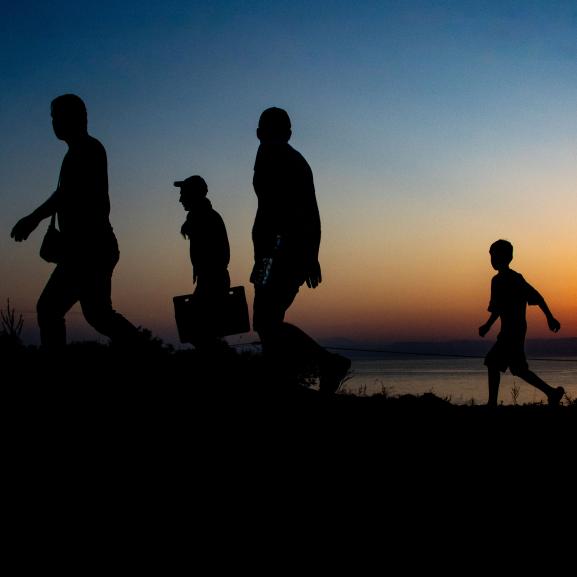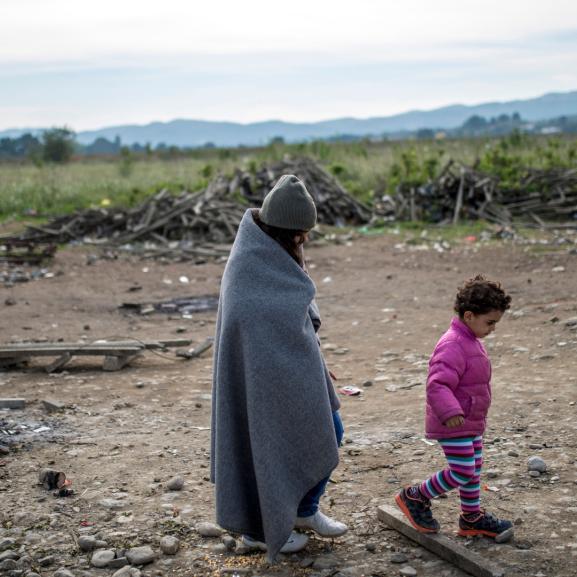Message to Home Office Minister: Action needed on torture survivors in detention
As our evidence to the Shaw Review shows, torture survivors are frequently among those detained in immigration removal centres (IRCs) despite Home Office guidance to the contrary – putting at risk their mental health and lives.
Once torture survivors have been detained IRC staff systematically disregard and mishandle their history of trauma and mental health conditions, leaving their health and lives in the balance.
Among five case examples we provided to the Review, one client had attempted suicide while detained.
Other issues included IRC staff failing to maintain our clients’ medication regimes and ignoring our clinicians’ attempts to liaise with them on their clients’ serious mental health difficulties.
Despite official policy to the contrary the detention of torture survivors continues in the detained fast track and immigration detention more generally – and once they are detained, UKVI resists releasing them.
In 2014 we received 240 referrals for suspected torture survivors in the Detained Fast Track, and 19 of our treatment clients were detained. In 2015, 202 were referred from the Detained Fast Track before its suspension in July and a number of clients in treatment with us were also detained.
Behind these numbers lie stories of intense distress, as the case examples we provided to the Shaw Review show:
- A teenage torture survivor was placed in a room in a detention centre with a number of adult men he did not know, despite his history of nightmares and dissociative episodes when he could not tell past from present.
- Torture survivors were still wearing the same clothes they had been detained in several weeks later because they had no-one to collect fresh clothes for them.
- Torture survivors reported not being able to eat or undertake any activities in detention, such as sport, because of the stress and depression caused by being detained.
Where clients have been released, our clinicians report that the experience of detention has led to set-backs in their recovery from torture.
“At a psychological level, the prison-like environment of detention takes torture survivors back to a place where they previously faced existential threat, terror and absolute powerlessness,” explains Dr Juliet Cohen, our Head of Doctors.
“Similar feelings may be invoked by their current detention, leading to a recurrence or intensification of highly distressing trauma symptoms including flashbacks, intrusive memories and nightmares.”
At the root of the problem lies the failure to adequately implement existing safeguarding provisions for vulnerable detainees – in particular, Rule 35 reports.
These are meant to relay any concerns an IRC doctor may have that the detainee is a victim of torture or that continued detention is likely to have a harmful effect on the detainee’s mental or physical health condition. They should trigger an immediate review of the decision to detain.
But the system is failing to cope. Detainees may wait weeks to have their rule 35 report completed and in too many cases, the reports are dismissed by UKVI.
The Home Office Minister James Brokenshire MP should now turn his attention urgently to enacting the recommendations that would finally offer torture survivors the protection they rightfully deserve.
The detention system should be immediately overhauled to ensure that vulnerable people, including torture survivors, are not detained.
The government should introduce better policies and procedures to protect torture survivors and other vulnerable individuals, and ensure that IRC staff are adequately trained and resourced to implement effective safeguards to prevent their detention.







